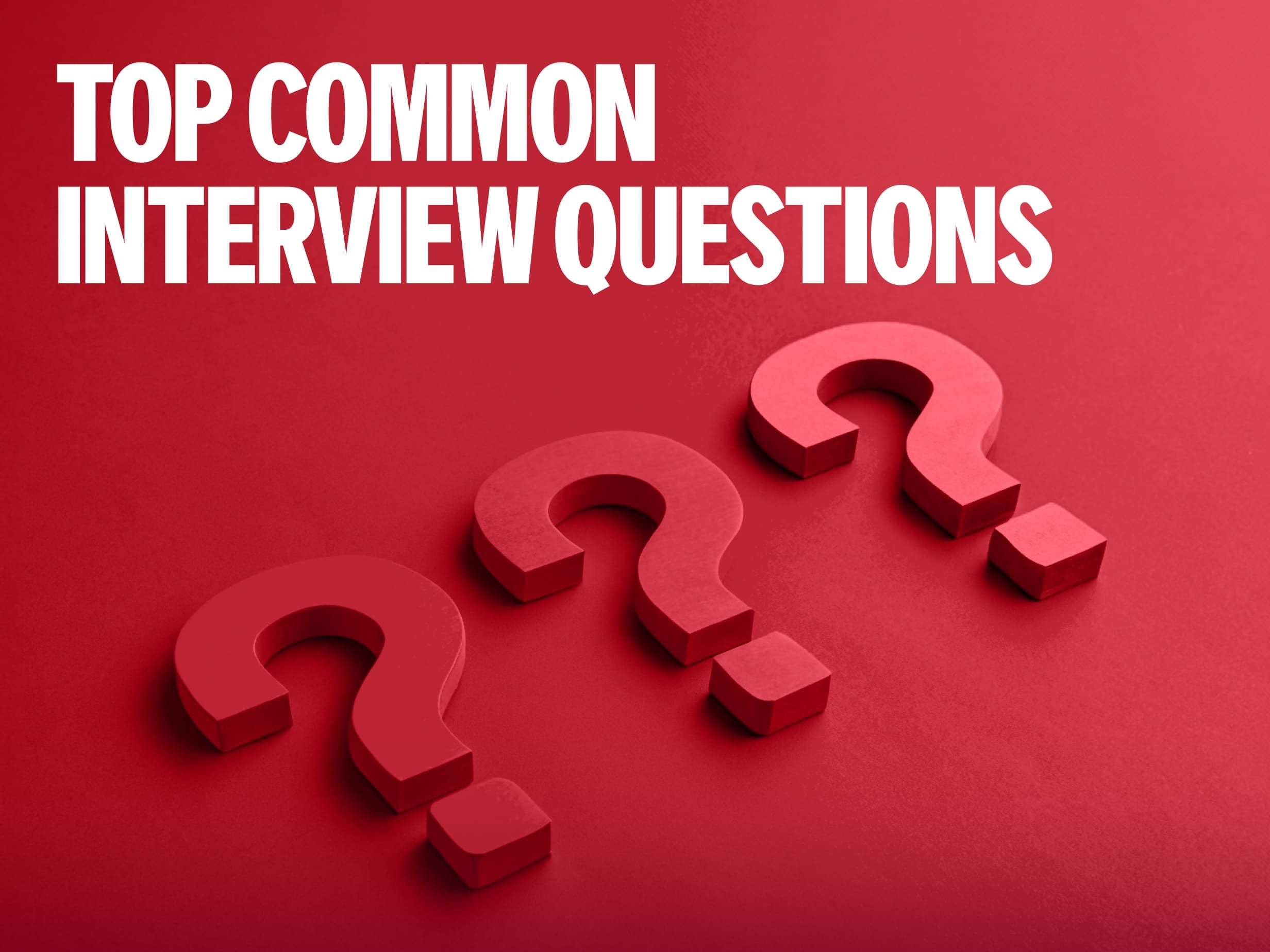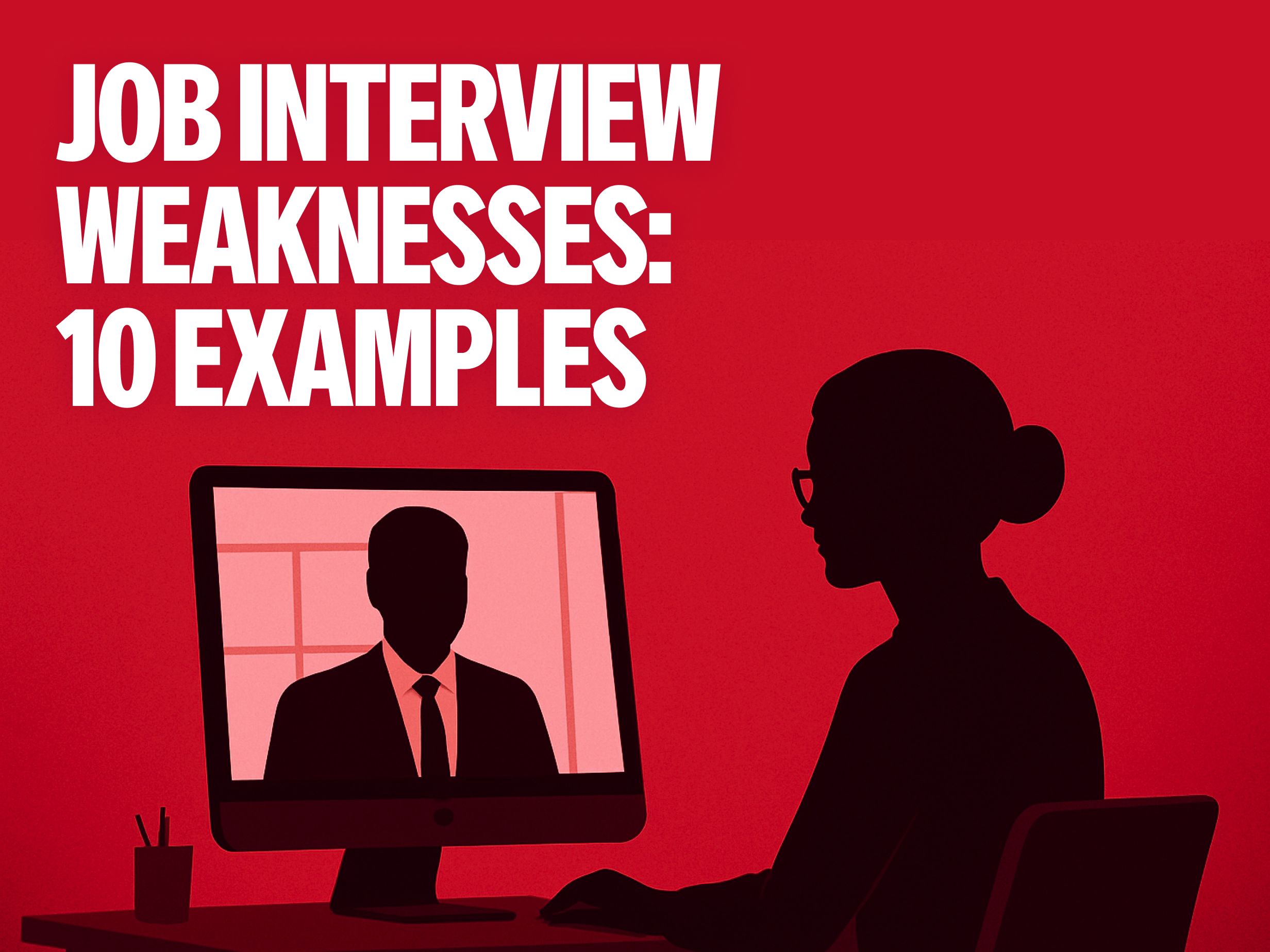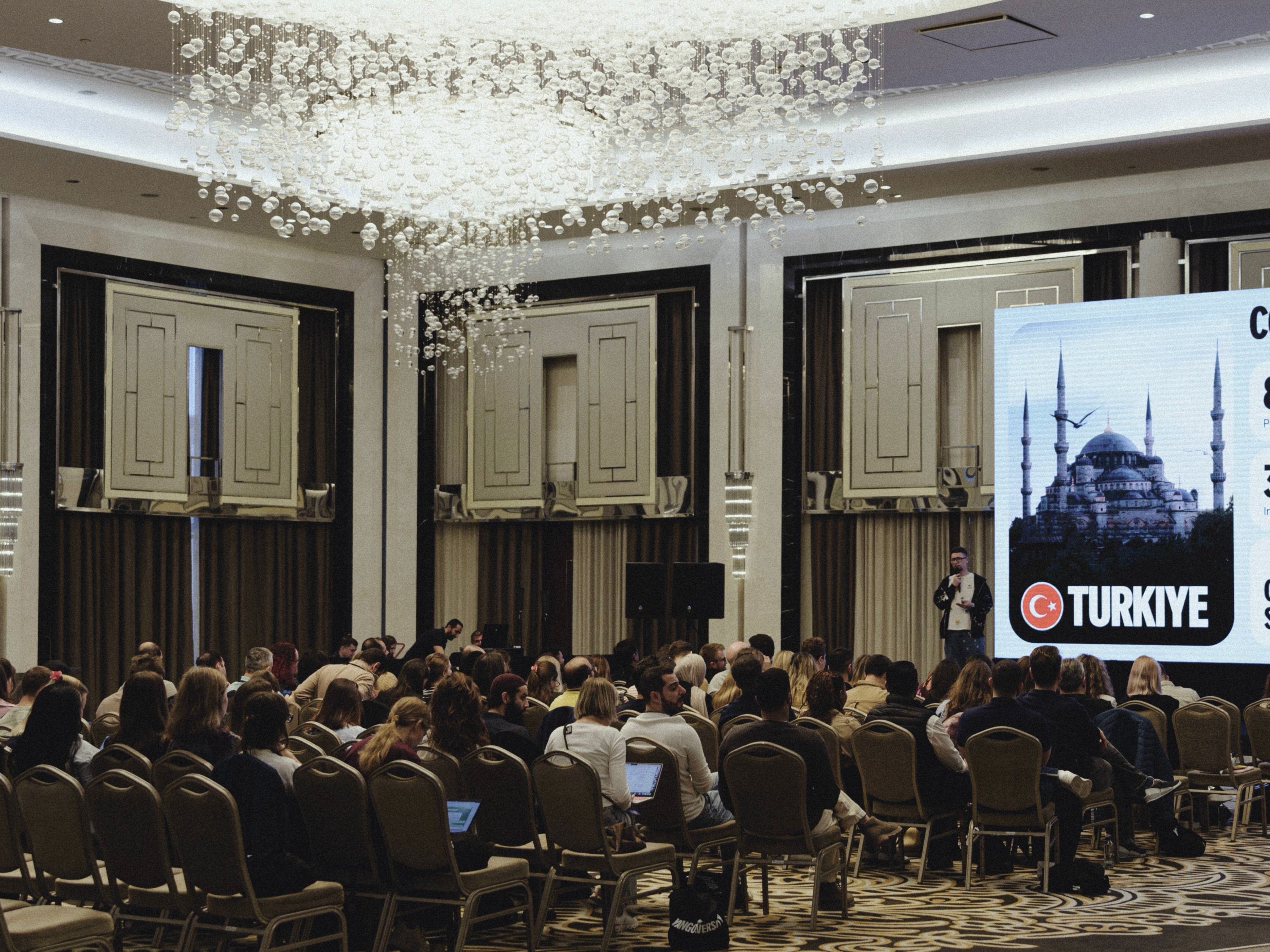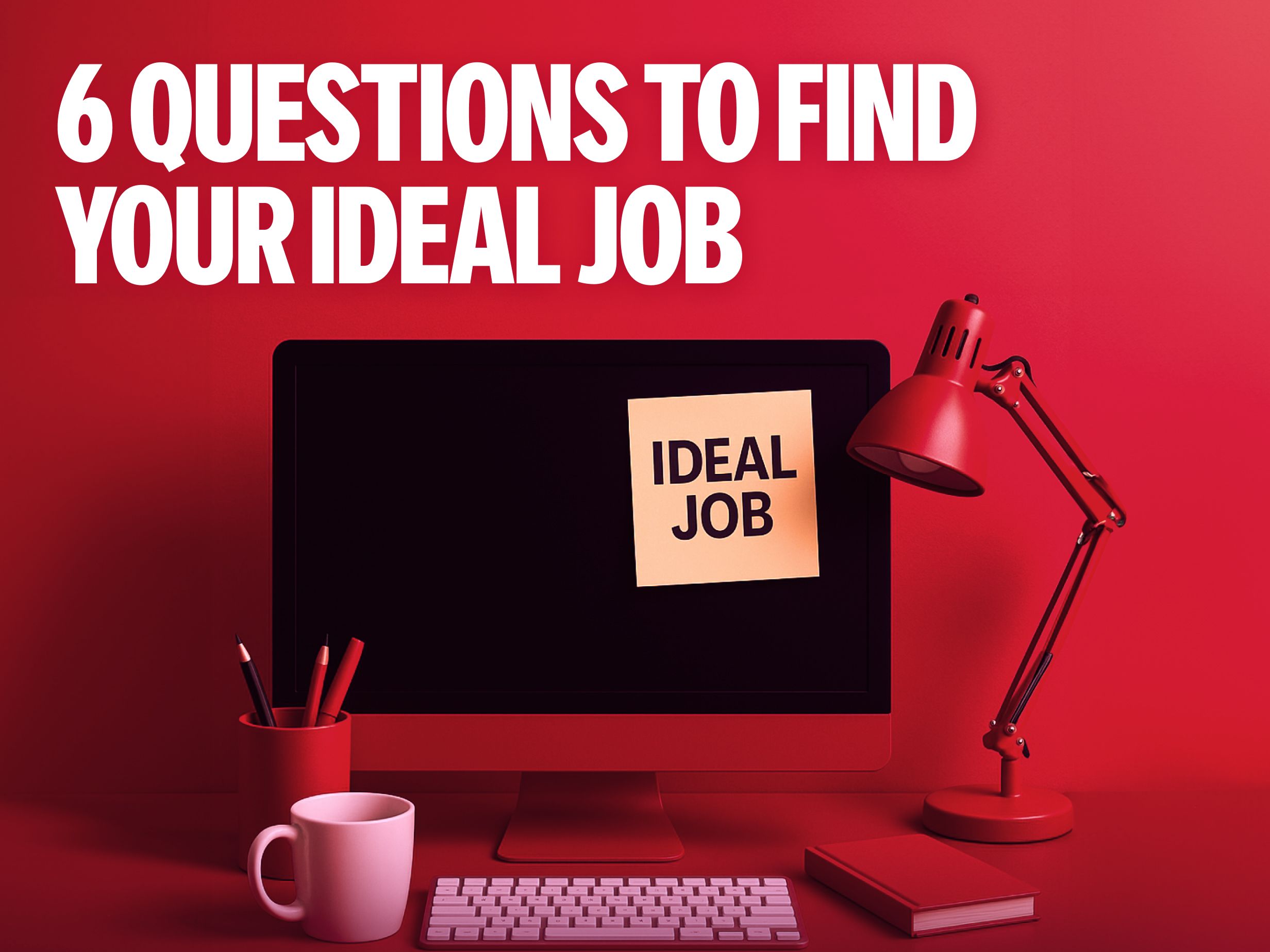Understanding the Company (and Why It Matters)
Here’s the deal — when you know a bit about the company before your next job interview, you walk in with confidence. Look at their latest updates, values, and even how their job descriptions are written.Ask yourself — “Does this seem like a good work environment?” or “Could this be my dream job?” Don’t ignore any red flags that jump out.This kind of research helps when hiring managers ask what you know about them. Drop in a few examples — even one or two details — and it’ll show you’re serious.

Common Job Interview Questions You’ll Probably Hear
Most interviews follow a pattern. Expect a few common job interview questions, such as:
- “Tell me about yourself.”
- “Why did you leave your last job?”
- “What’s your biggest weakness?”
- “Where do you see yourself in five years?”
The STAR method helps to present your experiences clearly and confidently. It highlights your contribution and the results you achieved, making your answers more impactful.
If the role involves direct reports, or you’ve ever had to manage an underperforming employee, bring that up. The same applies if you've done volunteer work or had a software developer side project. It all shows who you are beyond just a title.
Experience, Skills, and the Story You Tell
You might be asked about your current job, your previous job, or even your most recent position. Don’t just explain what you did; explain why it mattered.Tie your answer to the role. Let them know how your career goals align with the company’s mission.Mention moments when you helped hire people, trained a new hire, or stepped up as a team player. These aren’t bragging points; they’re proof that you’re already doing the work they want to see.And talk about things you’ve learned — whether it was a new skill, an unexpected challenge, or just gaining experience from a tough project. If your current employer encouraged professional development, highlight that. If not, say how you filled the gap on your own.
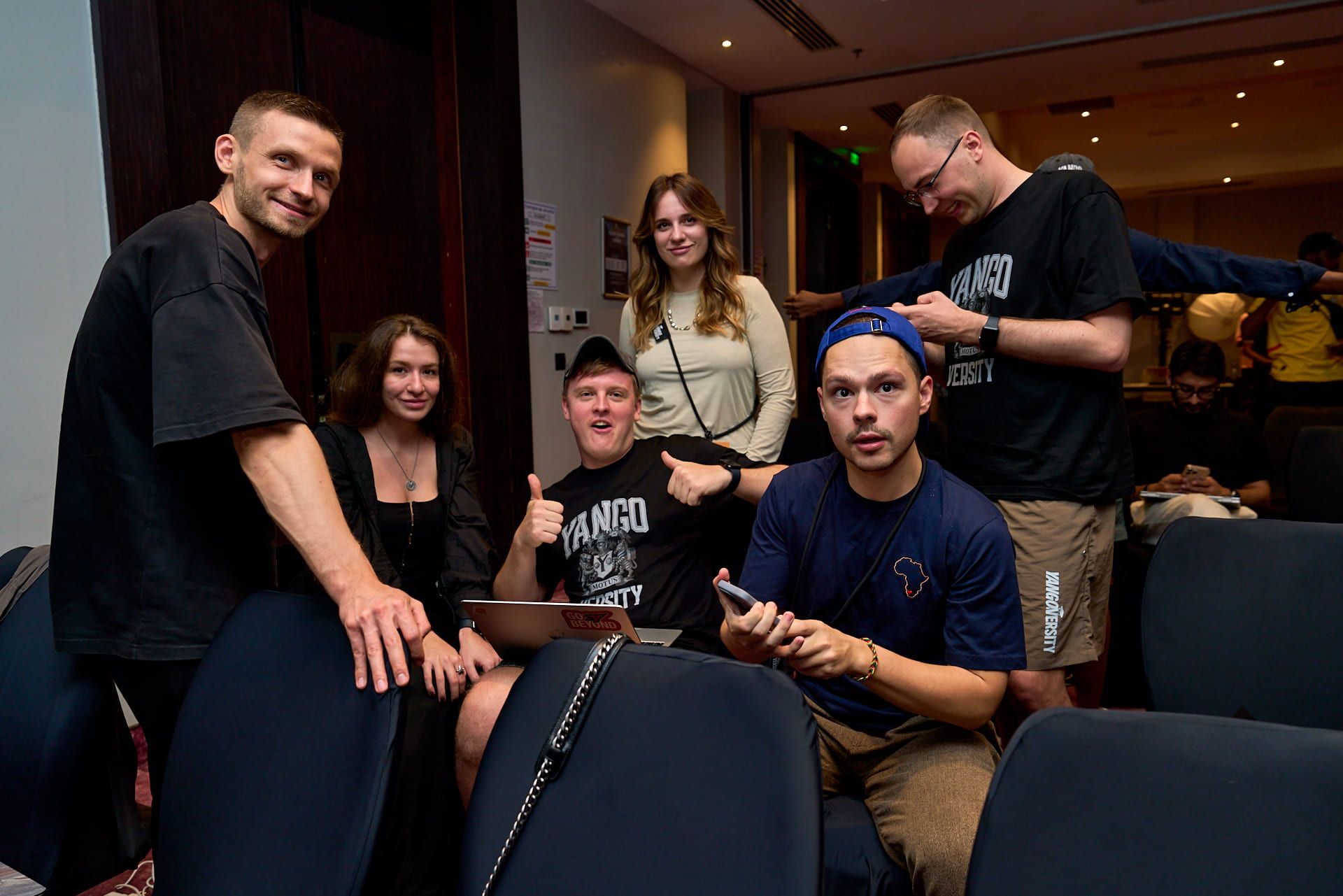
Work Style and Stressful Moments
You might get hit with tough questions — “How do you deal with stressful situations?” or “Tell me about a time you made a mistake.”Don’t sweat it; they want honesty, not perfection.Talk about how you’ve learned from failure. That can be your greatest accomplishment.And if they ask about how you define success, there’s no wrong answer. Just be real. Maybe it's solving problems, maybe it’s building a great team, or maybe it's just finishing work you’re proud of.
Challenging questions are an opportunity to demonstrate self-awareness and resilience. Interviewers value honesty and thoughtful reflection over rehearsed perfection.
The truth is, this kind of clarity and self-awareness isn’t just good for you — it’s exactly what employers are looking for. The 2025 LinkedIn Talent Trends report shows that companies value resilience and emotional intelligence more than ever. Similarly, the McKinsey report on fostering workforce resilience and adaptability emphasizes that soft skills — like adaptability and the ability to handle pressure - are becoming core hiring criteria.So when you're honest about challenges, open about your growth, and clear about what success means to you, you're not just answering interview questions. You're showing exactly the kind of mindset that companies are actively hiring for.
Let’s Talk Salary, Expectations, and Red Flags
Eventually, pay will come up. Be ready to talk salary expectations — or even salary history. Do some homework; have a number or range, but stay open.If you’re changing jobs, don’t trash your last position or current employer. Even if things were tough. Just say what you’re looking for now: better alignment, growth, maybe a shift in work style or team dynamics.And if you’re asked what makes you the perfect candidate? Use a few examples. Show you’ve read the job description, understand the role’s contribution, and are ready to hit the ground running.
Asking Questions That Actually Help You
You get a turn to ask questions as well — and it can say just as much about you as your answers do.Skip the fluff; ask about the hiring process: how many interview questions there are, and how long the decision takes. It’s also smart to ask how feedback is shared or how professional development is supported. At Yango, we care about helping our teams grow — not just with hard skills, but with soft skills too. We use different tools and content to support learning, communication, and personal development. Want to see how our teams work and grow together? Check it out here.Want to stand out even more? Ask about company culture, how the team defines success, or what the biggest challenges are in the work environment.These types of thoughtful follow-up questions show that you’re not just looking for any job — you’re looking for the right fit.The 2025 Glassdoor Hiring & Workplace Trends report shows that candidates who ask thoughtful questions about company culture and professional development are significantly more likely to receive job offers. So it’s worth the effort.
We really want to see candidates who’ve done their homework. People who understand what our company does and who show genuine interest in being part of it.
***Wrap up your interview by thanking the hiring managers for their time and letting them know what excites you about the role — maybe it’s the team, the mission, or the growth opportunities that stood out to you.Want to build even more confidence before the big day? Try practicing your answers with Yasmina, Yango’s voice assistant. It’s a great way to prepare for upcoming interviews — and it works in both English and Arabic.
Bonus: Questions You Should Practice
Here are some realistic ones to rehearse (yes, out loud):
- What interests you about this position?
- Can you describe your work ethic?
- How do you define success in your career?
- Have you ever led a team or had direct reports?
- How do you deal with stressful situations?
- What’s your approach to professional development?
- What makes you the perfect candidate compared to other candidates?
- How does this role align with your career goals?
- What would help you succeed as a new hire?
- What kind of training would you find helpful?
- What did you enjoy most in your last job?
- How would your current employer describe you?
- Where do you see yourself after your next job?
